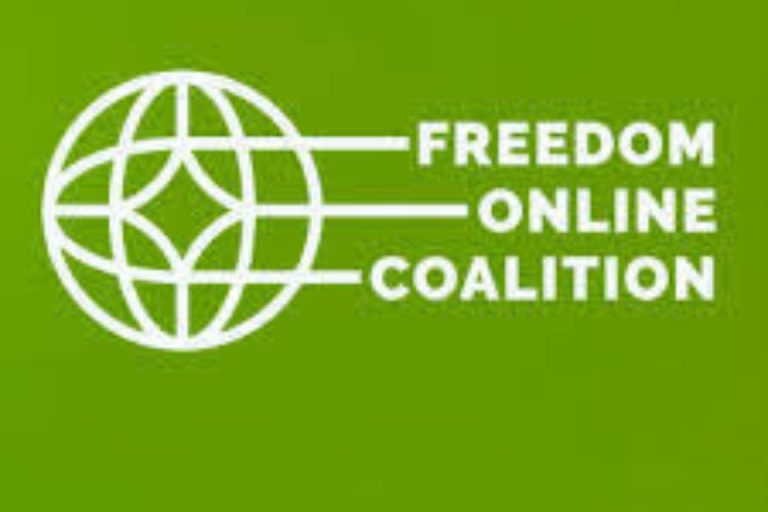The Freedom Online Coalition (FOC), a partnership of 42 governments seeking to advance internet freedom and protect human rights in the digital era, has called for the protection of human rights online and the prevention of Internet shutdowns during armed conflicts.
The FOC made the call in a joint statement by its members, while reaffirming the critical role of a global, free, open, secure, and interoperable Internet, especially during armed conflicts.
It emphasised that access to digital communications must be protected at all costs during crises, building on its earlier stance against State-sponsored network disruptions.
The FOC raised alarm over the growing trend of internet shutdowns and restrictions in conflict zones, which not only deepen humanitarian crises but also obstruct the flow of life-saving information. Such actions isolate affected populations, restrict humanitarian aid, and create an environment for abuses and human rights violations.
The Coalition warned that full communication blackouts often prevent communities from seeking help and obscure violations from international attention until it is too late.
Disruptions to the digital ecosystem, the FOC argued, compound inequalities, leaving the most vulnerable even more exposed, as well as compromising the integrity of online information, potentially enabling warring factions to exploit communications tools or spread misinformation.
The statement highlights the importance of internet access saying, whether it is civilians calling for help, humanitarian workers coordinating emergency relief, or journalists reporting from the ground, uninterrupted connectivity is essential during and after conflicts.
The Coalition aligned with the UN Secretary General’s Roadmap for Digital Co-operation, which calls for guaranteed connectivity in times of crisis and humanitarian need. It also welcomed the Global Digital Compact’s pledge to refrain from internet shutdowns and measures that target online access.
To safeguard these principles, the FOC called on governments to respect International Humanitarian Law (IHL) and International Human Rights Law (IHRL), particularly during armed conflict. They added that governments must commit to protecting civilian digital infrastructure, abstain from policies that degrade connectivity, and avoid restricting essential telecommunications materials in conflict zones.
Furthermore, the FOC promised to work inclusively with communities and stakeholders to restore and maintain communications critical to hospitals, utilities, shelters, and humanitarian workers.
The Coalition also appealed to online platforms and the tech industry to counter malicious efforts to block access to critical information, conduct meaningful human rights due diligence, and collaborate with stakeholders to develop transparent crisis protocols for maintaining and restoring digital services.





